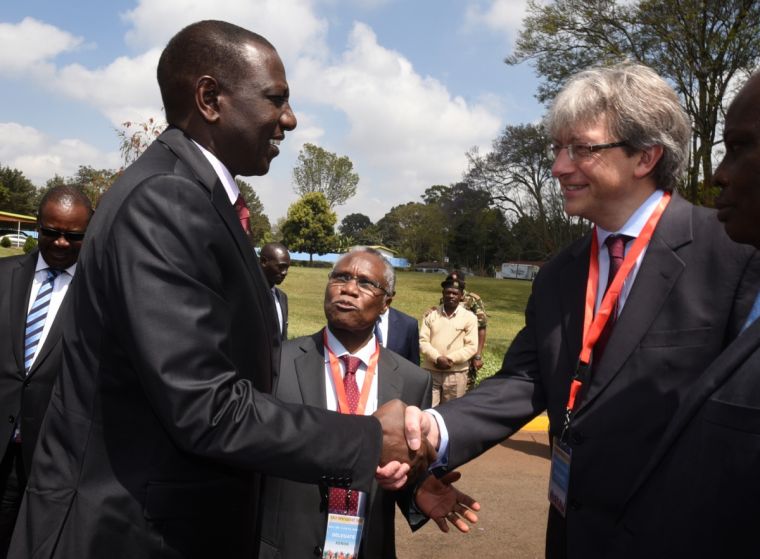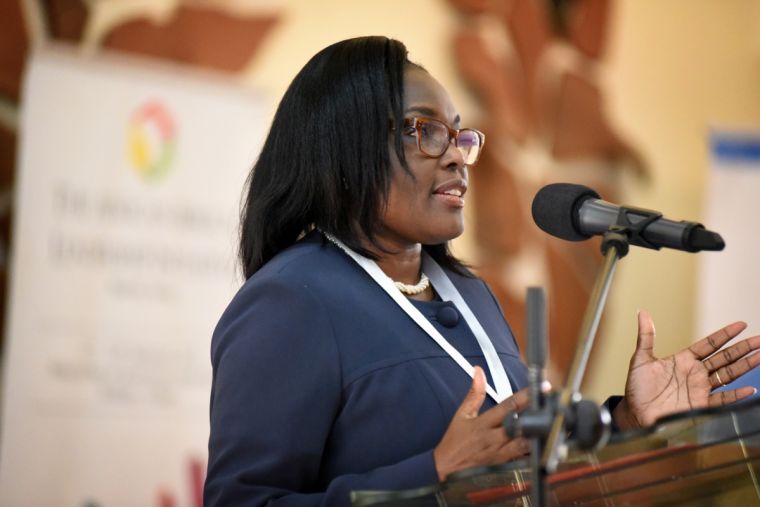How The Bible Challenges African Leaders On Corruption
The sun shone. Birds sang. Children played in the grounds of a nearby school. All seemed well with the world when the Deputy President of Kenya, William Ruto, opened the sixth African Biblical Leadership Initiative (ABLI) forum in Nairobi this week.

But, according to a report from Transparency International last year, all is not well in Africa.
The report claimed that some 75 million people had paid a bribe in 2015, simply to get basic services.
The majority of Africans – 58 per cent – said that corruption was getting worse.
It was against this backdrop that the ABLI conference, sponsored by the British & Foreign Bible Society, aired the subject of how the Bible could encourage people to tackle corruption by transforming leadership.
"You just need to look at some of the leaders of Africa" to see what the problems are in the continent, said Ruto.
"The destiny of communities, societies and nations is tied to the destiny of its leaders," he added.
"Some of the leaders I meet carry a lot of paraphernalia. It is not only tragic for them, but for their people."
Ruto said that nations needed to base themselves in God and the Bible. "A nation that doesn't believe in God is a nation destined for destruction," he said, adding that ABLI was "a very significant initiative".
The conference has drawn together government ministers, civil servants, civic society leaders and clerics from more than 20 African nations.
Many have been outspoken about the problem of corruption. This included a top judge from Uganda, Lady Justice Catherine Bamugemereire.

She received death threats for investigating a $1.5 billion fraud in Uganda that saw money syphoned from a road-building scheme over seven years.
"We expect leaders to misuse resources for their private gain and to abuse those below them," she said. "Misuse of public office is so commonplace.
"We expect them to sponge on resources of an organisation: it doesn't matter whether it is the Church or government," she added.
But, she said, true leadership had to be based on biblical values, not on self-aggrandisement or personal gain.
"Leaders tend to make themselves the message. Everything is about me, me, me," she said. "But we need to return to the Word and allow the Bible to transform us by the renewal of our minds."
CEO of the British & Foreign Bible Society, Paul Williams, said: "ABLI raises the awareness among the Christian community in Africa of the public dimension of faith. The Bible is meant to transform not only our personal lives, but also our public life together."
This he said, was not incidental or optional to the challenges facing African or Western nations. "We tend to think government can fix everything. But we need transformed leaders in government and all spheres of civil society if our communities are truly to flourish."











